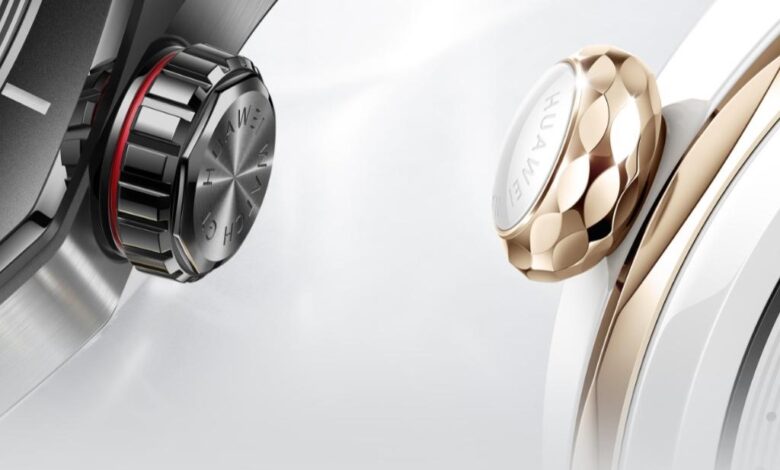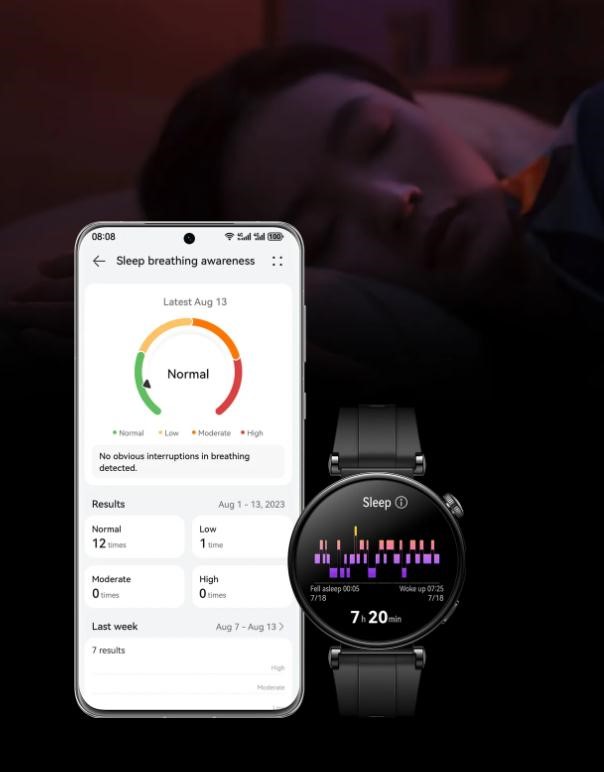Can a Smartwatch Replace Your Fitness Tracker?

Smartwatches have rapidly evolved from being mere extensions of smartphones to powerful tools that offer a wide array of fitness tracking features. As these versatile devices continue to gain popularity, many people are beginning to wonder whether they can truly replace dedicated fitness trackers. With built-in GPS, heart rate monitoring, and sleep tracking, smartwatches appear to have everything you need to stay on top of your fitness goals. But can they really match the accuracy and specialized functions of a fitness tracker? This article will explore the key features, benefits, and potential drawbacks of using a smartwatch for fitness tracking to help you decide whether it’s time to ditch your fitness tracker for good.
What Features Does a Smartwatch Offer for Fitness Tracking?
Health and Activity Monitoring Features
Smartwatches come equipped with a variety of health and activity monitoring features that cater to both casual users and fitness enthusiasts. Most smartwatches can track steps, calories burned, distance traveled, and active minutes, providing users with a comprehensive overview of their daily activity levels. Additionally, many smartwatches offer advanced health monitoring features, such as continuous heart rate tracking, blood oxygen level measurement, and even electrocardiogram (ECG) capabilities. These features allow users to gain deeper insights into their health and fitness, enabling them to make more informed decisions about their well-being. For instance, the Huawei Watch GT 5 offers a robust suite of health and activity tracking features, making it a compelling option for those looking to upgrade from a traditional fitness tracker. Unlike basic fitness trackers, smartwatches often include stress monitoring and mindfulness exercises, making them more holistic health tools. However, while these features are impressive, the accuracy of some measurements, such as calorie burn and step count, may vary depending on the device and the user’s activity level.
Built-in GPS and Heart Rate Tracking
One of the standout features of modern smartwatches is the built-in GPS, which allows users to track their outdoor activities with precision. Whether you’re running, cycling, or hiking, a smartwatch with GPS can map your route, measure your speed, and calculate the distance you’ve covered. This feature is particularly beneficial for athletes and outdoor enthusiasts who require accurate data to improve their performance. In addition to GPS, smartwatches also offer continuous heart rate monitoring, which helps users keep track of their heart rate zones during workouts. This data is crucial for those who want to optimize their training intensity and achieve specific fitness goals. While fitness trackers also offer heart rate monitoring, smartwatches often provide more detailed and customizable data, making them a more versatile option for serious athletes. Devices like the Huawei Watch GT 5 is particularly known for their precise GPS and heart rate tracking, and the gt5 watch price makes it suitable for a wide range of activities.
Smartwatch vs. Fitness Tracker Accuracy
Accuracy is a critical factor when it comes to choosing between a smartwatch and a fitness tracker. While both devices offer similar tracking capabilities, there are some differences in how they measure and report data. Fitness trackers, designed specifically for activity tracking, often prioritize accuracy in step counting, calorie burn, and sleep tracking. On the other hand, smartwatches, which serve multiple functions, may not always match the precision of dedicated fitness trackers. For example, fitness trackers are often better at recognizing specific activities, such as swimming or cycling, and provide more accurate data for these exercises. However, the gap in accuracy is narrowing as smartwatch technology advances, and for most users, the difference may be negligible. Ultimately, the choice between a smartwatch and a fitness tracker depends on how critical accuracy is to your fitness routine and goals.
Are Smartwatches as Accurate as Dedicated Fitness Trackers?
Comparing Step Counting and Calorie Burn
When it comes to step counting and calorie burn tracking, smartwatches and fitness trackers both offer valuable insights, but their accuracy can vary. Fitness trackers, with their singular focus on activity tracking, are often more accurate in counting steps. They are usually worn on the wrist or clipped to clothing, ensuring that they closely monitor your movements throughout the day. Smartwatches, while also capable of step counting, may not be as precise due to their multifunctional nature and the potential for users to wear them less consistently. Calorie burn estimates can also differ between the two devices. Fitness trackers typically use a combination of heart rate, activity level, and user data (such as age, weight, and height) to calculate calories burned. Smartwatches use similar algorithms, but the accuracy may vary depending on the specific model and how it interprets the data. For most users, the differences in step and calorie counting may be minimal, but those who require the highest accuracy may prefer a dedicated fitness tracker.
Sleep Tracking: Smartwatch vs. Fitness Tracker
Sleep tracking is an essential feature for many fitness enthusiasts, as it provides insights into sleep quality and patterns. Fitness trackers have long been the go-to devices for sleep tracking, offering detailed reports on sleep stages, duration, and overall sleep quality. These devices often use a combination of motion sensors and heart rate monitoring to determine when you’re in light, deep, or REM sleep. Smartwatches, while also equipped with sleep tracking capabilities, may offer a less detailed analysis compared to fitness trackers. However, some premium smartwatches have advanced sleep tracking features that rival those of fitness trackers, providing comprehensive sleep data and even offering suggestions for improving sleep quality. The main drawback of using a smartwatch for sleep tracking is battery life, as these devices typically need to be charged daily, which can interfere with continuous sleep monitoring.

Can a Smartwatch Fully Replace a Fitness Tracker?
When a Smartwatch Is the Better Choice
A smartwatch may be the better choice for users who want an all-in-one device that not only tracks their fitness but also offers a wide range of other features. For individuals who lead busy lives and need a device that can handle everything from notifications and calls to fitness tracking and mobile payments, a smartwatch provides unparalleled convenience. Additionally, users who appreciate having a customizable interface and the ability to download and use third-party apps will find that smartwatches offer much more flexibility than traditional fitness trackers. Smartwatches are also better suited for those who engage in various activities, such as running, swimming, and cycling, as they often come with built-in GPS and multiple sports modes. For tech enthusiasts who want the latest in wearable technology and don’t mind paying a premium for it, a smartwatch is likely to be the better investment.
Situations Where a Fitness Tracker Might Be Preferable
Despite the advantages of smartwatches, there are situations where a fitness tracker might be the preferable option. Fitness trackers are specifically designed for activity tracking, and as a result, they tend to be more focused and accurate in measuring fitness metrics. For users who are primarily concerned with tracking their physical activity and health data, a fitness tracker can provide more precise readings, especially in terms of step counting, calorie burn, and sleep tracking. Fitness trackers are also more lightweight and comfortable to wear, making them ideal for users who want a device they can wear 24/7 without noticing it. Additionally, fitness trackers generally have longer battery life, reducing the need for frequent charging and allowing for uninterrupted tracking, which is crucial for those who want consistent monitoring of their health metrics. For users on a budget or those who prefer simplicity, a fitness tracker may be the better choice.
User Preferences and Lifestyle Considerations
When deciding between a smartwatch and a fitness tracker, user preferences and lifestyle considerations play a significant role. Individuals who prioritize style and fashion may lean towards smartwatches, which often come with a range of customizable options, from watch faces to interchangeable bands. For those who value staying connected, a smartwatch’s ability to receive notifications, make calls, and interact with apps directly on the wrist can be a game-changer. On the other hand, users who are more focused on fitness and health may prefer the simplicity and specialized functions of a fitness tracker. Lifestyle factors, such as how often you exercise, whether you prefer outdoor activities, and your daily routine, can also influence your choice. Ultimately, the best device is the one that aligns with your specific needs, whether that’s a smartwatch’s versatility or a fitness tracker’s dedicated focus.
Conclusion
In conclusion, whether a smartwatch can replace your fitness tracker depends on your individual needs and priorities. Smartwatches offer a versatile array of features that go beyond fitness tracking, making them an excellent choice for users who want an all-in-one device. They provide convenience, customization, and connectivity that fitness trackers typically do not offer. However, for those who prioritize accuracy, simplicity, and longer battery life, a dedicated fitness tracker may still be the better option. Both devices have their strengths and weaknesses, and the decision ultimately comes down to what you value most in a wearable. Whether you choose a smartwatch or a fitness tracker, both devices can help you stay on top of your fitness goals and lead a healthier lifestyle.





